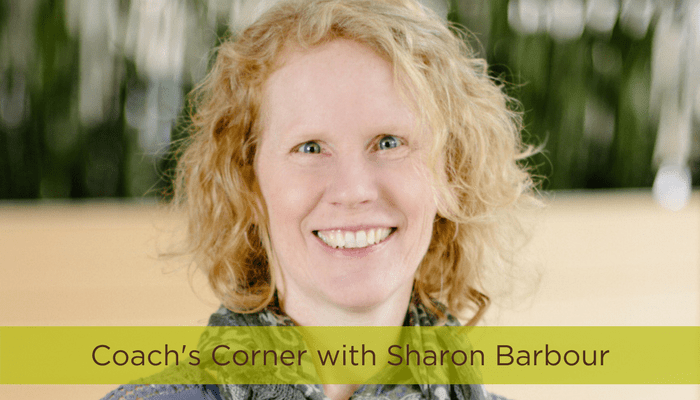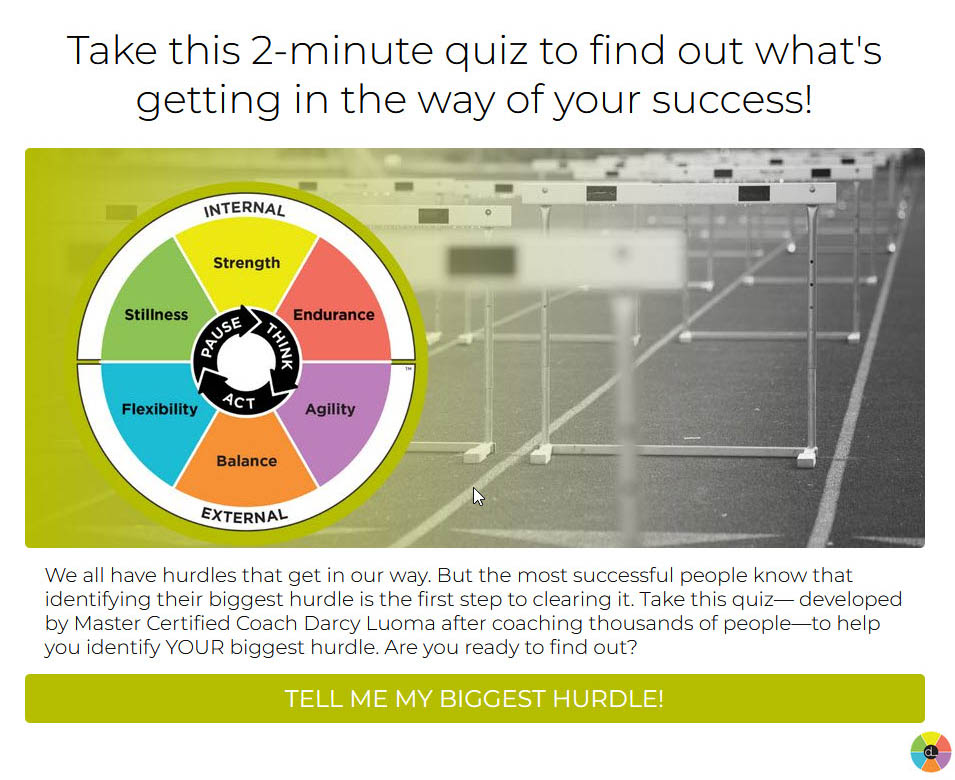by Sharon Barbour, DLCC Coach
In my experience, balanced relationships have a flow of giving and receiving that requires attending to both the self and the other. Below you’ll find a couple of actions that can help keep day-to-day relations humming along. I also offer several practices that can shift your relationship with yourself as well as with others.
Actions for Balanced Relationships
- Make clear requests. Get good at making clear requests that include conditions of satisfaction and a timeline. For example, in the past, I might have asked my teen, “Hey Claire, will you clean the bathroom?” and then been annoyed that she hadn’t done it by the end of the day or that she didn’t do a thorough job. Now, I’m more likely to say “Claire, will you clean the bathroom before dinner today and follow the checklist we made for it?”
- Clarify requests before responding. I’ve also learned to expand my replies to requests made of me beyond “yes” or “no” to include: “I can do that if we make this modification….” or “I need time to think about this. I will get back to you by noon on Tuesday.” It is often a good idea to also clarify those “conditions of satisfaction” before agreeing to a request.
- Make authentic offers. This is about checking in with yourself before you make an offer to do something. When you honor your truth, you have more energy for what you care about and less frequently get your energy zapped by resentment or overwhelm. If you don’t want to make chili for the football team, then don’t offer to do it. Maybe there’s a different way to support the team or your son/daughter if that’s your true desire.
Practices for Balanced Relationships
- Have a balanced relationship with yourself. What would that look like or feel like to you? To me, it’s about listening to myself and treating myself with kindness and care as much as possible. This makes it possible to be more present with others, giving them room to be heard and to be treated well.
-
- Say what’s true for you. Does this come easy for you? It doesn’t always for me. I practice slowing down and checking in with myself – my mind and my heart – to know what’s important and to be willing to speak it. It’s honoring what I want, need or feel is important at the moment.
- Listen to another fully and clarify what you don’t understand. When you are planning to meet with someone or in a conversation where you are beginning to get triggered, notice what story you are telling yourself and lay it down for a few minutes. Get curious. See if you can drop the idea that you “know” what the other person is going to say. Or maybe for you, it’s an opportunity to drop the need to be right or the need to formulate your response while the other person is talking. Instead, simply lean back energetically, soften and listen. The idea is to open your mind to truly understand, so ask clarifying questions if you like. You don’t have to agree with everything the other person says, just “seek to understand.” It seems that when we are willing to speak our truth as well as listen to understand, new perspectives open, along with the possibility of co-creating a win-win situation.
- Commit to blame-free relationships. I read these words recently and love the potential and power in them. Blame-free points to the possibility of going deeper and taking responsibility for our part in a relationship or dilemma. It requires us to know what we want, and then take action to create it. If I feel like blaming, there is often a request to be made or something for me to face and take responsibility for. Asking myself a few questions, such as ‘what’s important about this for me?’ or ‘what’s my part in this?’ can help take me from frustrated or blaming to being back in the driver’s seat. Try them out if you like!
If any of the above resonates with you, choose one thing to try. Call it an “experiment” and give it a go! Intend to be curious and kind to yourself no matter how that experiment goes.
Sharon Barbour, PCC, is a member of Darcy’s coaching team. With more than 10 years of coaching experience, Sharon loves to help her clients focus both on what is, and on what is possible. Learn more about Sharon



